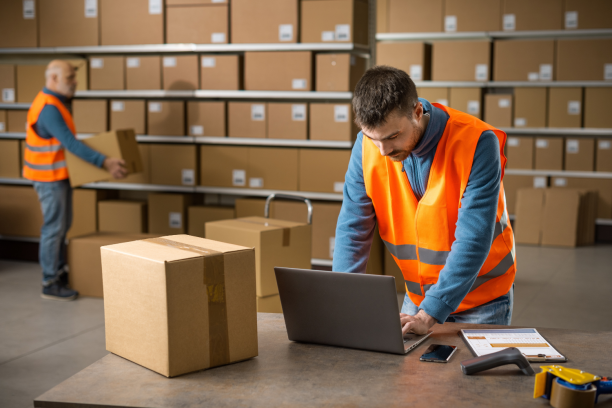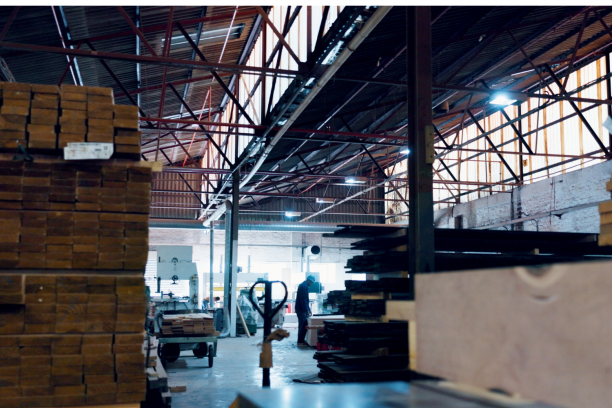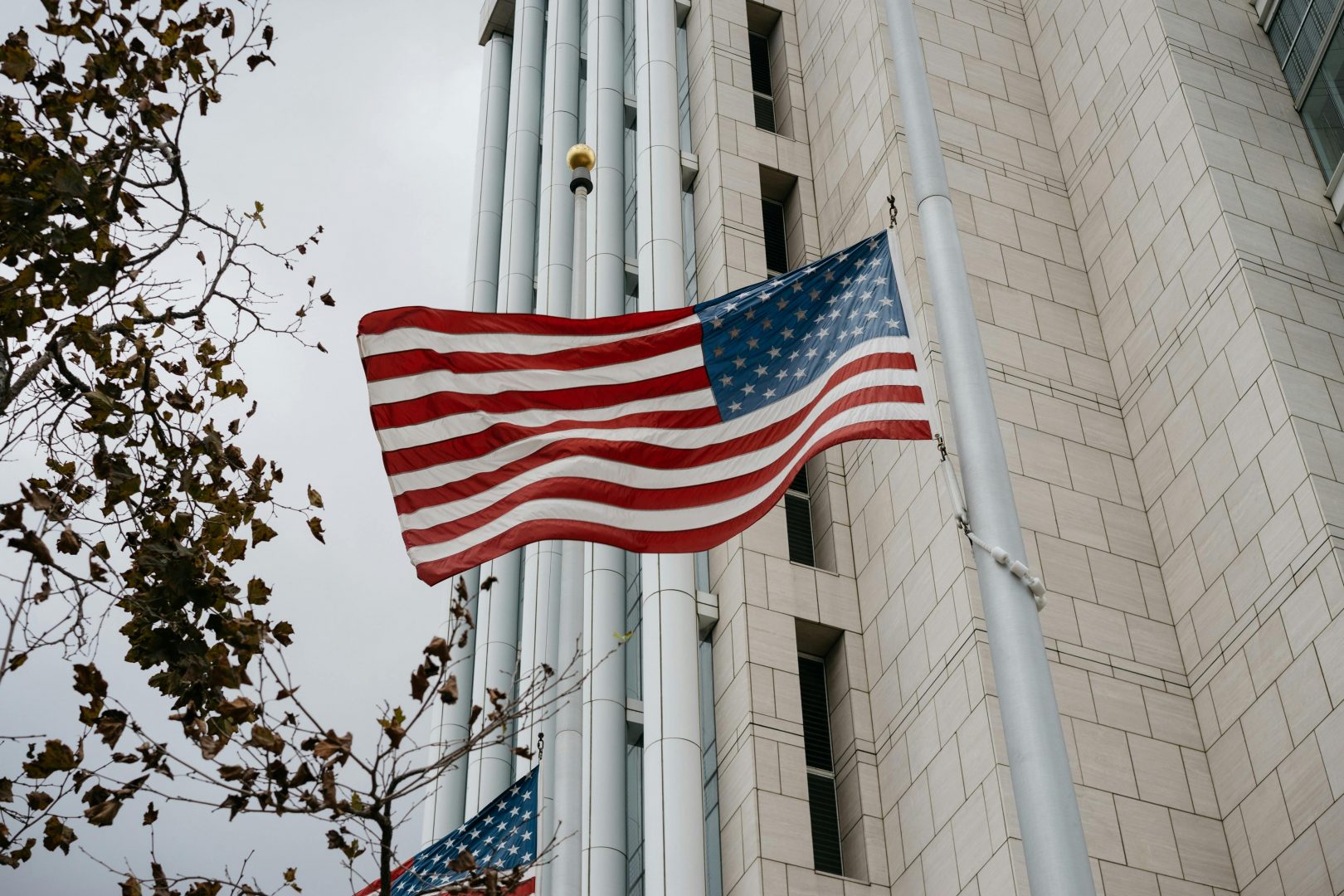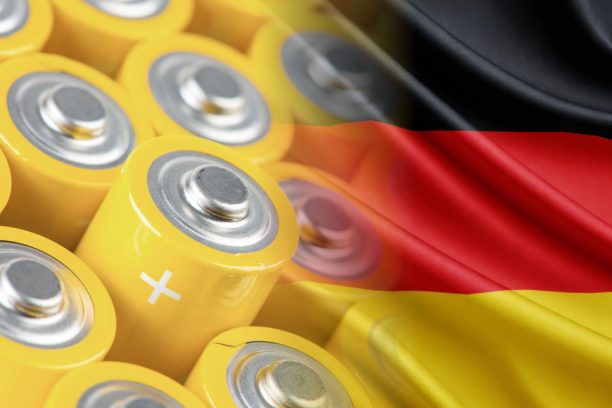Deposit Return Systems Drive Recycling and Sustainability
How Deposit Return Systems are An Environmental Necessity
Deposit Return Systems (DRS) actively promote recycling and reduce waste by incentivizing consumers to return containers for recycling. These systems help preserve resources, decrease energy consumption, and lower pollution. In regions that have implemented DRS, recycling rates have risen significantly, averaging 90%.
As a result, many countries are implementing or considering DRS to meet environmental targets and regulations. Staying informed and compliant with deposit return systems is becoming increasingly crucial if you’re committed to sustainability.
Evolution of Deposit Return Systems
DRS gained global traction in the early 2000s due to growing environmental concerns and the need for effective waste management. Germany’s 2003 launch became a model for its high efficiency and return rates. The system responded to the surge in single-use packaging consumption, such as PET and aluminium. Other countries, refined the original German system by implementing national legislation to support DRS. The enhancements include setting high deposit values and expanding the range of containers covered.
In the 2010s, digital innovations improved reverse vending machines, enhancing their efficiency and capability to handle various containers. Reverse vending machines are automated devices that accept used beverage containers and return deposits to the consumer. These machines became more user-friendly and efficient, incorporating barcode recognition and real-time data tracking features. Barcode recognition ensures that only eligible containers are accepted, reducing fraud and contamination. Real-time data tracking allows for better inventory management, speeds up maintenance, and valuable insights into consumer behaviour.
The EU’s 2019 Single-Use Plastics Directive recent mandates a 90% collection rate for plastic bottles by 2029, through DRS. This regulation boosts the demand for deposit return schemes. It also drives the evolution of advanced systems and highlights the need for ongoing innovation in DRS.
Germany's DRS in focus
Since January 2003, RLG has provided an end-to-end solution for Germany’s Deposit Return System (DRS), focusing on recycling plastic and metal containers. As the world’s largest deposit system, it enhances sustainability and efficiency in recycling, setting a global standard for effective waste management. Germany’s DRS has achieved a significant return rate of 98%, recycling millions of containers annually. This high return rate reflects the system’s effectiveness in reducing waste and conserving resources. The system encourages higher recycling rates by making it easy and convenient for consumers. The simplicity and accessibility of the deposit return system play a crucial role in its success, ensuring that both individuals and businesses can effortlessly contribute to environmental sustainability.
As DRS needs evolve with changing regulations, environmental priorities, and consumer trends, RLG adapts its solutions. The system responds to new challenges and opportunities by incorporating advanced technologies and continuously refining processes. This adaptability ensures that Germany’s recycling efforts stay effective and align with the goals of a circular economy, aiming to minimize environmental impact and maximize resource recovery.
RLG is committed to partnering to drive positive environmental outcomes and advance sustainable practices through ours Deposit return service.
Future of Deposit Return Systems
Despite these vast numbers, current collection rates are around 70% to 75%, leaving over 9 billion containers to end up as litter or in landfills.
International cooperation and knowledge sharing are on the rise. Adaptions of successful DRS models to local contexts are increasing collaboration between governments, industry stakeholders, and non-governmental organizations to refine and expand DRS programs.
Looking forward, ongoing technological innovation, stronger regulatory frameworks, and heightened consumer engagement are expected to drive the evolution of DRS. Integrating DRS with other waste management initiatives, such as plastics in a circular economy, promises more effective and comprehensive environmental solutions. Countries aiming for greater sustainability through DRS will benefit from RLG’s expertise and proven track record in advancing effective recycling solutions.









